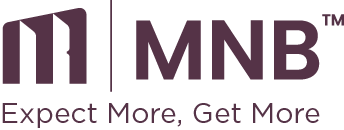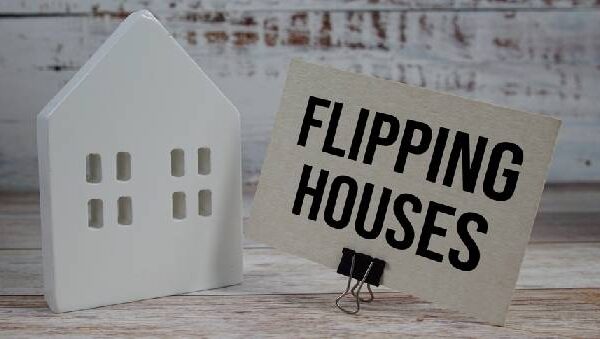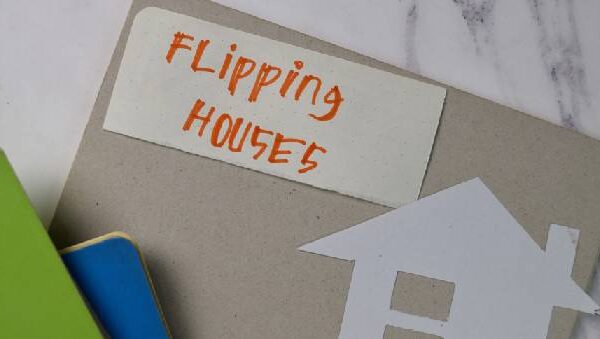
Purchasing a home is one of the most significant financial decisions many of us will make, and thorough planning is essential to ensure a smooth process. At MNB Buildfab, we understand the intricacies of real estate financial planning. Let’s explore some of the key aspects of preparing your finances—because when it comes to your real estate journey, our promise is simple: Expect More, Get More!
Financial Preparation: The Groundwork
Before looking for a property, a home purchase budget needs to be established. This will help you set realistic expectations and avoid overextending your finances.
Budgeting: 28/36 Rule
A simple way to establish your affordability is through the 28/36 rule, which is a very common financial guideline. This rule states that
- 28% of your gross monthly income should pay for your housing costs, including mortgage payments, property taxes, and insurance.
- 36% of your gross monthly income should pay for your total debt, including car loans, credit cards, and student loans.
By adhering to this rule, you not only set a realistic budget for buying a house but also position yourself for greater financial freedom and flexibility—ensuring you get more out of your home-buying experience.
Credit Scores: The Backbone of Your Mortgage
Your credit score significantly impacts your mortgage rates, as well as whether or not your loan will be approved. Lenders use this three-digit number to decide your creditworthiness, and even a small difference can mean a significant amount of money saved or lost over the life of your loan.
- Good Credit (700+): You will be able to get the best mortgage rates.
- Fair Credit (650-699): This might give rise to a higher interest rate.
- Poor Credit (below 649): This might limit your choices of loans or even get denied.
To improve your credit score:
- Pay your bills on time.
- Reduce outstanding debt.
- Do not open any new credit lines before applying for a mortgage.
MNB Buildfab equips you with knowledge to give you the best financial footing for that dream home, helping you achieve more than you ever expected in your real estate journey.
Down Payments: Making The Numbers Work
While down payments may entice most potential homebuyers, a few options may be a little easier for you.
- Average Percentages: Conventional mortgage programs often require 10-20% of the purchase price of the property.
- Low Down Payment Programs: For an FHA loan, 3.5% may be enough; some VA loans require nothing since they are for veterans.
Putting money away to use as a down payment on your new home and managing your budget for house buying can help simplify the home-buying process, while unlocking opportunities that deliver more value than you imagined.
Closing Costs: What’s Expected
Beyond the down payment, closing costs can be anywhere from 2-5% of your home’s purchase price. Most of these fees get overlooked but are a big part of the budget for buying a house.
Some common closing costs are:
- Appraisal Fees: It determines the market value of the home.
- Title Insurance: This is meant to protect against legal disputes regarding ownership.
- Loan Origination Fees: These are charged by lenders for processing your loan.
- Escrow fees: Include the management of funds during the transaction process.
At MNB Buildfab, we advise clients on their need to budget for all costs so as not to be shocked in case of an increase
Conclusion
When preparing to purchase real estate, whether it is residential or commercial, each financial decision counts. The establishment of a solid home purchase budget, improvement of your credit score, and accounting for closing costs will all help to navigate the real estate landscape with confidence.
At MNB Buildfab, we help you build a solid financial foundation so you can make confident, informed decisions—decisions that bring you more than what you set out to achieve. Whether it is investing in a new home or exploring opportunities with commercial property developers, we are here to deliver the best value.
With MNB Buildfab, you don’t just invest in property; you invest in possibilities. Expect More, Get More!
Also Read:-
Home Inspections And Appraisals: What You Need To Know Before Closing The Deal
How To Choose The Best Commercial Property In Gurgaon For Maximum Returns
More Useful Links:-
Commercial Property In Gurgaon | Office Space In Golf Course Road | Commercial Property Developers
FAQs
Why is budgeting important before buying a home?
Budgeting sets realistic financial expectations and helps you avoid overspending. Following the 28/36 rule ensures your housing and total debt payments stay within limits, providing financial stability throughout your real estate journey.
How does my credit score affect the mortgage process?
Your credit score influences mortgage approval and interest rates. Higher scores qualify for better terms, while lower scores may limit options. Maintaining timely payments and reducing debt can improve your score before applying.
What is the 28/36 rule in real estate budgeting?
The 28/36 rule suggests spending no more than 28% of your income on housing and 36% on total debt. It’s a guideline to ensure financial health and responsible property investment.
How much should I prepare for a down payment?
Conventional loans typically require 10–20% down, while FHA loans need as little as 3.5%. VA loans may require none. Choosing the right loan helps manage affordability and simplifies your home purchase.
What are closing costs, and why do they matter?
Closing costs range from 2–5% of the home’s price and include appraisal, title, and loan fees. They’re essential to budget for, as they significantly affect the final amount you’ll need to complete the purchase.



